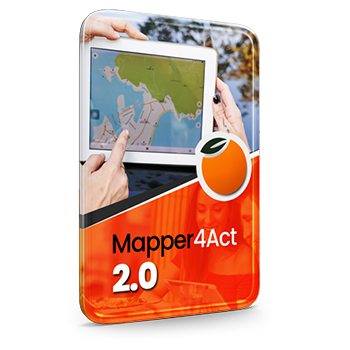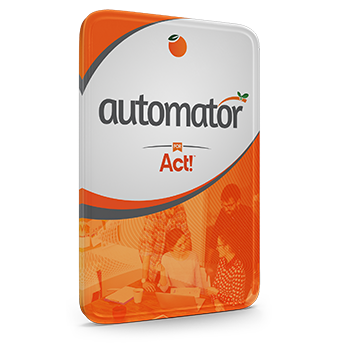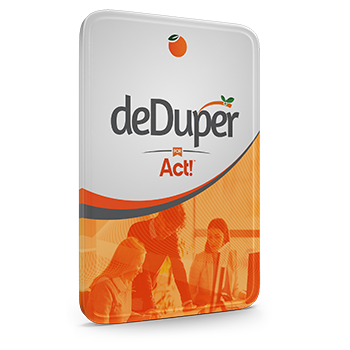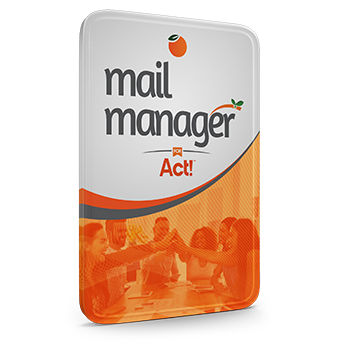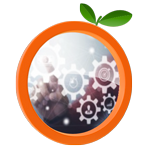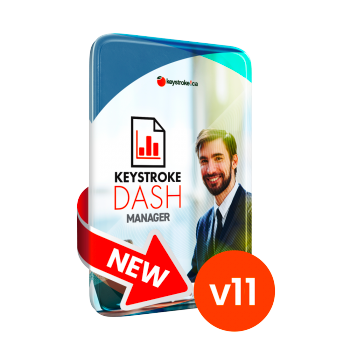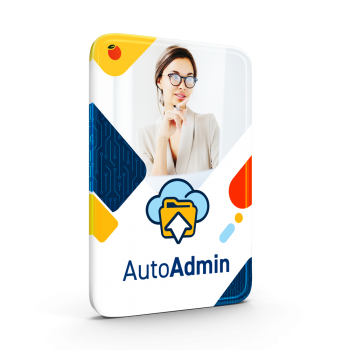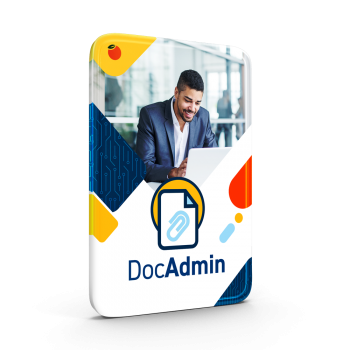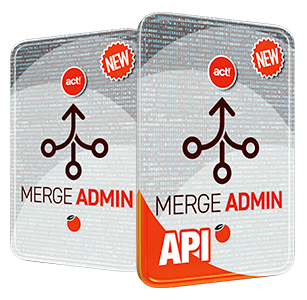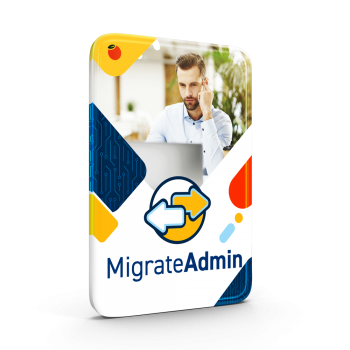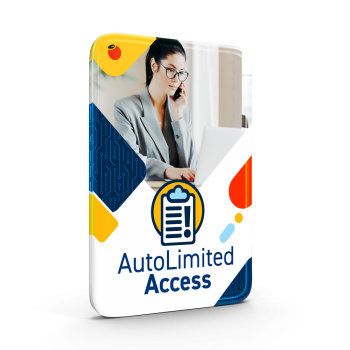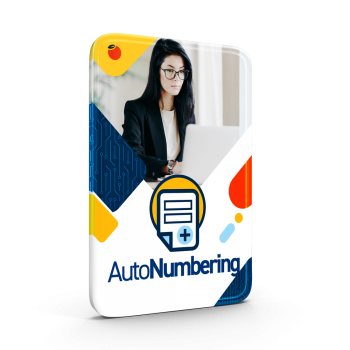When it comes to selecting a Customer Relationship Management (CRM) system, it’s easy to be dazzled by platforms boasting endless features, integrations, and automation tools. But more isn’t always better—especially if those features sit unused while you pay a premium.
Here’s why choosing a CRM with features you’ll actually use is the smarter move:
- Simplicity Drives Adoption: A CRM that’s intuitive and tailored to your workflow encourages your team to actually use it. Complex systems with bloated feature sets often lead to confusion, low adoption rates, and wasted investment.
- Cost Efficiency: Why pay for bells and whistles you don’t need? A lean CRM focused on your core needs—like contact management, sales tracking, and email integration—can deliver real value at a fraction of the cost.
- Better Focus: A streamlined CRM helps your team stay focused on what matters: building relationships, closing deals, and improving customer experience. You won’t get distracted by tools that don’t align with your goals.
- Easier Training & Onboarding: Fewer features mean faster onboarding. Your team can get up to speed quickly without spending hours learning tools they’ll never use.
- Scalability Without Waste: Start with what you need now. Many CRMs offer modular upgrades, so you can add features as your business grows—without paying for them upfront. Act! Advantage features a wide selection of additional features that can be added into your workflow or integrated into your digital workspace, as needed. Features such as quoting, calendar links, and email marketing are now essential components in the CRM landscape for most small businesses, all of which are included in Act! Advantage at no extra cost.
In the end, the best CRM isn’t the one with the most features—it’s the one that fits your business like a glove. By prioritizing usability, cost-effectiveness, and scalability, you empower your team to work smarter, not harder. Act! Advantage exemplifies this approach, offering essential tools that support growth without overwhelming users or inflating budgets. So before you commit to a CRM, ask yourself: will this system help my team thrive, or just add complexity? Choose wisely, and your CRM will become a true asset—not just another piece of software.


